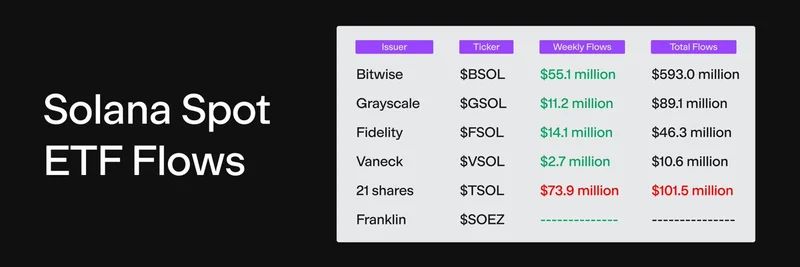In the ever-evolving world of cryptocurrency, big moves are happening behind the scenes that could shape the future of digital assets, including your favorite meme tokens. Just today, BSCNews reported a major development: top executives from some of the biggest names in crypto are scheduled to sit down with Senate Democrats this Wednesday for a roundtable discussion on market structure legislation. If you're wondering what that means and why it matters—especially for meme coin enthusiasts—let's break it down in simple terms.
The Who's Who of the Meeting
This isn't just any chat; it's a gathering of heavy hitters in the crypto space. Leading the pack are:
- Brian Armstrong, CEO of Coinbase, the go-to exchange for many retail investors dipping their toes into crypto.
- Hayden Adams, CEO of Uniswap, the decentralized exchange that's revolutionized how we trade tokens without middlemen.
- Sergey Nazarov, CEO of Chainlink, known for its oracle network that brings real-world data to blockchains—super useful for DeFi projects.
- David Ripley, CEO of Kraken, another veteran exchange with a strong focus on security and compliance.
- Mike Novogratz, CEO of Galaxy Digital, a firm that's all about institutional crypto investments.
And that's not all. The list extends to execs from Circle (makers of USDC stablecoin), Ripple (behind XRP), Jito (a Solana-based staking protocol), a16z Crypto (the venture arm backing tons of blockchain startups), and the Solana Policy Institute. Hosted by Senator Kirsten Gillibrand—a known advocate for crypto clarity—this roundtable is set to tackle some thorny issues in U.S. regulation.
For context, Senator Gillibrand has been pushing bills like the Responsible Financial Innovation Act, co-sponsored with Republican Senator Cynthia Lummis, aiming to sort out who regulates what in crypto.
What Are Market Structure Laws, Anyway?
If you're new to this, "market structure legislation" sounds jargony, but it's basically about creating clear rules for how crypto markets operate. Right now, there's a tug-of-war between agencies like the Securities and Exchange Commission (SEC) and the Commodity Futures Trading Commission (CFTC). The SEC treats many tokens as securities (like stocks), which means heavy regulations, while the CFTC sees them more like commodities (think oil or gold), with lighter oversight.
This meeting comes at a time when talks with Republicans have stalled, and there's even a leaked Democratic proposal on curbing illicit activities in DeFi (decentralized finance)—think anonymous trading platforms that meme tokens often thrive on. Critics worry it could stifle innovation, but proponents say it's needed for safety.
Analysts from firms like TD Cowen have noted that without progress, we might not see a full bill until after the midterm elections, per their recent report. The goal here? End the "turf wars" between regulators and define things like "ancillary assets"—tokens that aren't securities—to give projects more breathing room.
Why This Matters for Meme Tokens
Meme tokens, those fun, community-driven coins like Dogecoin or newer ones on Solana and Binance Smart Chain, often operate in gray areas. Clearer laws could mean:
- Easier Listings and Trading: If tokens get classified as commodities, exchanges like Coinbase and Kraken might list more memes without fear of SEC crackdowns.
- Boost for DeFi: Uniswap and similar platforms could innovate faster, making it simpler to launch and trade meme coins.
- Institutional Money: With Galaxy Digital involved, we might see more big investors pouring into meme ecosystems, driving up liquidity and prices.
- Risks Ahead: On the flip side, stricter DeFi rules could require more KYC (know your customer) checks, potentially damping the anonymous vibe that makes memes so viral.
For blockchain practitioners, this is a chance to stay ahead. If regulations favor innovation, it could supercharge meme token development, from better oracles via Chainlink to more secure staking on Solana.
The Bigger Picture in Crypto
This roundtable isn't happening in a vacuum. The crypto industry has been lobbying hard for clarity, especially after events like the FTX collapse. With midterms looming, Democrats seem eager to show they're pro-innovation without ignoring risks. As CryptoNews highlighted, it's an effort to revive stalled discussions.
If you're building or investing in meme tokens, keep an eye on updates from this meeting—it could signal whether the U.S. becomes a crypto haven or a regulatory hurdle. In the meantime, platforms like Meme Insider are here to keep you informed on how these big-picture moves trickle down to the meme world.
Stay tuned for more breakdowns, and remember: in crypto, knowledge is your best token.

